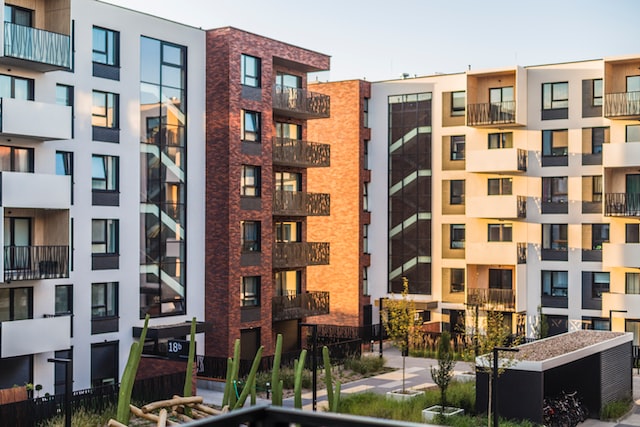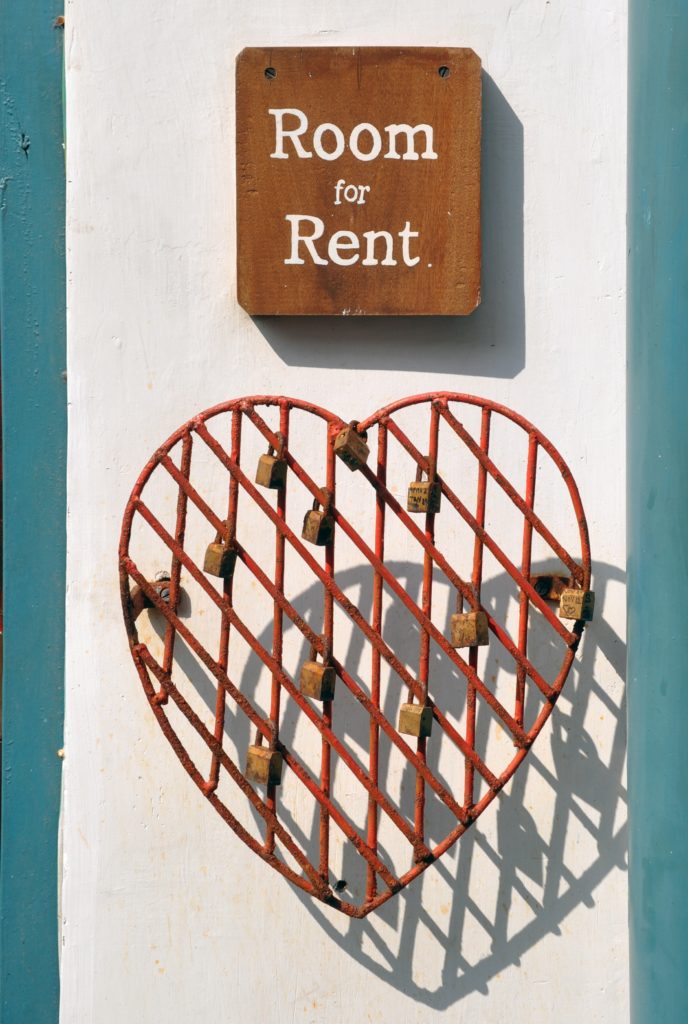The Rent Stabilization Ordinance (RSO) is a section of the municipal code for the City of Los Angeles and regulates a few different aspects of renting out properties. In addition to setting the maximum allowable rent increase per year, it also requires landlords to submit proper documentation to collect rent, provides just cause evictions, and provides relocation assistance for no-fault evictions. RSO doesn’t apply to all properties. The property must have been built prior to 10/1/1978, or 7/16/2007 if it’s a replacement under the Ellis Act. If you don’t know for sure, you can enter the property’s address at www.zimas.lacity.org. There will be an RSO field under the Housing tab, which will say Yes or No. You can also text “RSO” to 855-880-7368.
Note that RSO applies exclusively to the City of Los Angeles and does not apply to commercial properties. There are a couple easy ways to tell if your property is legally within the City of Los Angeles. If your water and power company is the Los Angeles Department of Water & Power (LADWP), you are in the City of Los Angeles. If it’s a different company, you are not. If your area is served by the Los Angeles Police Department (LAPD), you are in the City of Los Angeles. If you’re still unsure, you can look up the property at neighborhoodinfo.lacity.org. If your property is not found, it’s not in the City of Los Angeles. For properties not in the City of Los Angeles but in Los Angeles County, you can visit rent.lacounty.gov, email rent@dcba.lacounty.gov, or call 833-233-RENT.
Once you’ve confirmed that your property falls under RSO, your regulations are currently governed by Covid-19 protections, until February 1, 2024. Rent increases are not allowed until that date for RSO units, nor are retroactive rent increases allowed. If your tenant was negatively impacted by Covid-19, you also can’t charge interest or late fees on missed payments. After this date, the allowable increase is expected to be 7%, but this could change. In order to collect rent, you will need to complete a Rent Registry Form and pay your Annual Bill. The form is sent out in January of each year and is due by February 28th. Your Annual Bill consists of an RSO fee of $38.75 per unit and and a SCEP fee of $67.94 per unit. Part of this cost can be surcharged to your tenants, at a rate of $1.61 per month for the RSO fee and $2.83 per month for the SCEP fee. This comes out to 50% of the annual cost of each fee over 12 months.
Photo by Isaac Quesada on Unsplash



